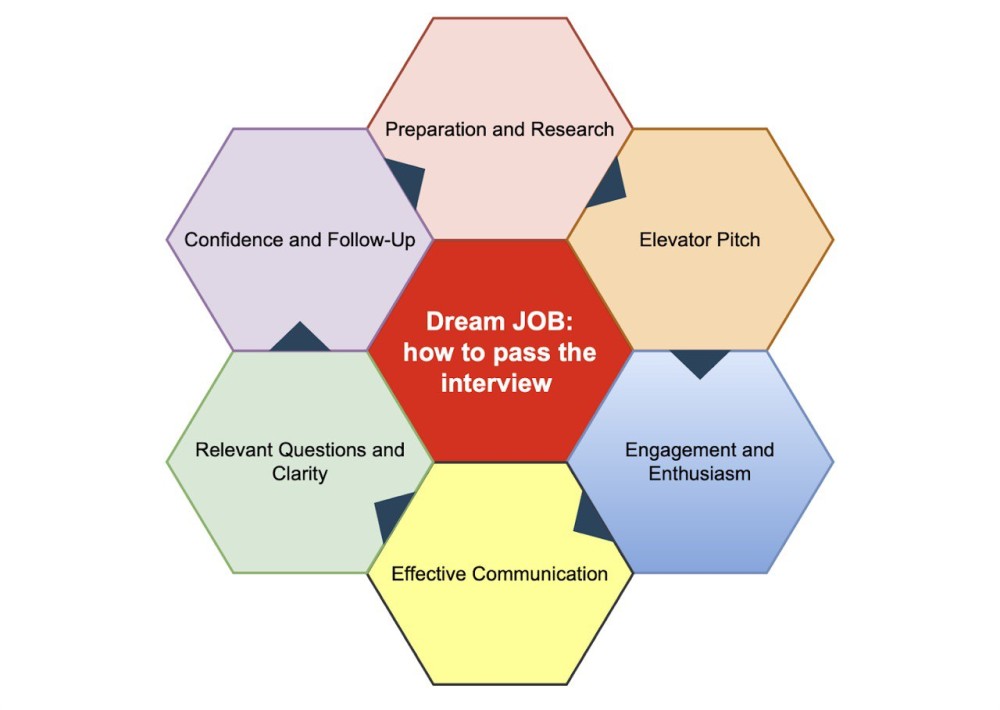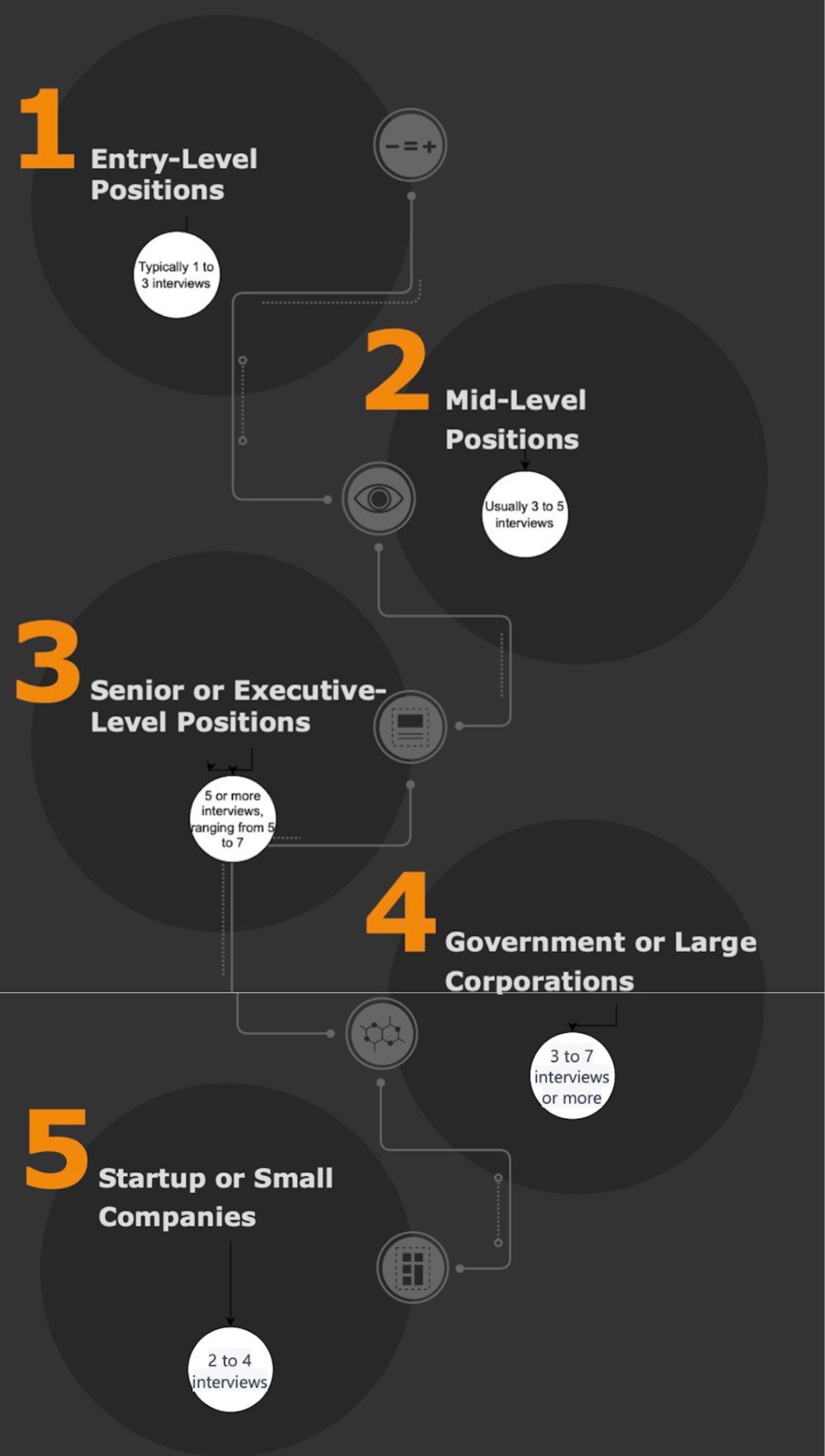To land a dream job, it’s not enough to have the required skills and write a compelling resume. Your potential employer or a representative of a staffing agency will want to ask you a few questions by phone, during a video call, or at a face-to-face meeting. In this article, we’ll share tips on how to talk to a recruiter to produce the best impression on them

Below you will find more details about these key preparation steps.
- Understanding the Importance of Effective Communication: It's crucial to grasp that communication with recruiters is more than just relaying information. It's about demonstrating your suitability for the role, showcasing your enthusiasm, and establishing a strong rapport.
- Prepare and Research: Before any interaction, thoroughly research the company, its culture, and the position you're applying for. Familiarize yourself with potential questions and draft thoughtful, concise responses.
- Highlight Your Unique Selling Proposition (USP): Clearly articulate your strengths, experiences, and how they align with the job requirements. Emphasize what sets you apart from other candidates.
- Craft a Compelling Elevator Pitch: Develop a concise and engaging introduction that encapsulates your professional background, skills, and career goals within 30-60 seconds.
- Active Listening: Pay close attention to the questions asked, and take a moment to formulate a thoughtful response. Avoid interrupting and ensure your replies directly address the questions.
- Demonstrate Enthusiasm: Express your passion for the role and the company. Showcase how your aspirations align with the company's vision and mission.
- Use Clear and Professional Language: Maintain a clear, articulate, and professional tone during the conversation. Avoid jargon or overly technical language unless appropriate for the role.
- Ask Relevant Questions: Prepare insightful questions about the job, the team, or the company culture. This demonstrates your interest and gives you valuable information to make informed decisions.
- Be Concise and Focused: Keep your responses succinct and to the point. Avoid going off on tangents and ensure you're addressing the key aspects of the question.
- Practice Common Interview Questions: Familiarize yourself with common interview questions and rehearse your responses. Practice with a friend or in front of a mirror to boost confidence.
- Stay Calm and Confident: Maintain a calm demeanor, regardless of the format of the interview. Confidence in your abilities and knowledge about the role is key.
- Follow-Up: After the interaction, send a thank-you email expressing gratitude for the opportunity and reaffirming your interest in the position. This reinforces your enthusiasm and professionalism.
By mastering the art of effective communication with recruiters, you significantly enhance your chances of making a positive and lasting impression, ultimately bringing you closer to your dream job.
And how long the recruitment process process should be on average? Please, find some common clarifications below.



